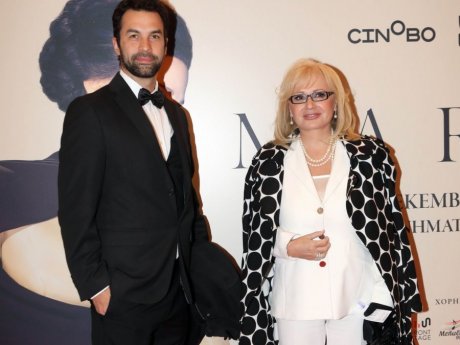Skertsos: We can co-exist with Turkey even if we disagree
State Minister Akis Skertsos touched on a series of issue in an interview with Parapolitika radio on Friday.

On Greek-Turkish issues he said that "yesterday we experienced a confirmation of the doctrine of the soft diplomacy policy adopted by Prime Minister Kyriakos Mitsotakis in recent months. We saw that we can co-exist with our neighbours even while disagreeing. The aim for Greece is that we move toward an environment of stability and confirm at every opportunity that Greece is a pillar of stability."
Though, naturally, Skertsos added, "we can see that Turkish revisionism is given, we all are aware that we have an unpredictable neighbour".
He also provided assurances that Greece's "red lines remain and are indisputable, we will not budge a millimetre from them," while stressing that nothing relating to issues of national sovereignty is up for discussion.
"We want to move to calm waters with our neighbour and to build a positive agenda and beyond that, if we are able at some later time to resolve the bilateral issues - which are very specific, the continental shelf and the Exclusive Economic Zone - so much the better. We must co-exist with peace and tranquillity, without tensions, because this is good for the economy and for the other issues of the agenda," Skertsos said.
On energy issues, Skertsos said the government's intention was to reduce the confusion regarding electricity rates, pointing out that there were currently more than 30 electricity bill formats, whereas the new bills will result in greater transparency and more competition.
Referring to the "war against high prices", he spoke of the government measures that include, among others, "a stable and permanent support of income," while adding that "prices and inflation have dropped in the last month".
On the marriage and adoption of children by homosexual couples, he said that the issue was in the hands of the prime minister, who has proved that he does what he says. "We be do not believe that there are two or three classes of citizens. We believe that all should have the same rights," he noted.
Trending

.jpg?t=W0Y7VNnirpGu2RE0YONPRQ)






.jpg)
.jfif)










